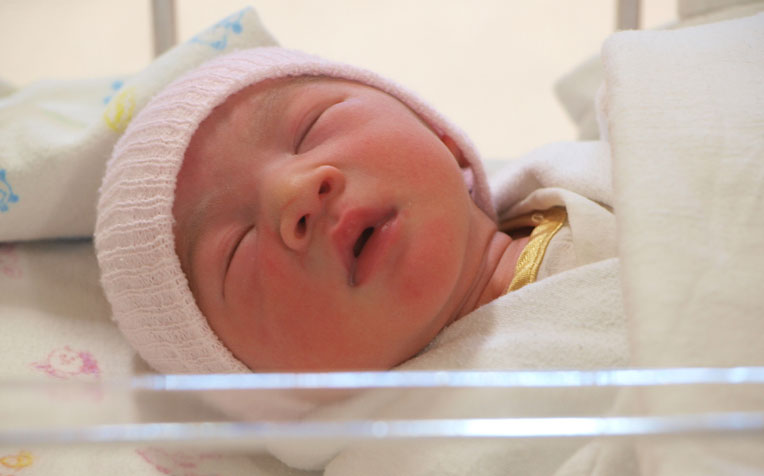Surge in Pertussis Cases: Understanding the Need for Booster Shots

midst a surge in whooping cough outbreaks across Europe, Asia, and parts of the U.S., health experts emphasize the importance of vaccination.
Since the beginning of the year, the U.K. and Europe have seen a significant rise in whooping cough cases, marking the most substantial surge since 2012. China reported over 15,000 cases in January alone, a fifteen-fold increase compared to the previous year. Additionally, isolated cases have emerged among high school students in the San Francisco Bay Area and Hawaii, along with a cluster of cases in New York City earlier this year, primarily affecting young children.
What’s Driving the Surge? Whooping cough, caused by the Bordetella pertussis bacteria, spreads through respiratory droplets and remains highly contagious. While widespread vaccination has largely kept the disease under control in the U.S., breakthrough cases, typically mild, can occur in vaccinated individuals.
Although the current number of whooping cough cases in the U.S. remains lower than pre-pandemic levels, interruptions in vaccination schedules during the COVID-19 pandemic may have contributed to the recent uptick. The pandemic’s disruptions, including masking and physical distancing, altered the usual patterns of respiratory illnesses.
Warning Signs for Babies Whooping cough manifests as severe coughing fits, often followed by a characteristic “whooping” sound during inhalation. While adults and older children may experience symptoms resembling a cold, infants are particularly vulnerable, facing serious complications such as pneumonia.
The Centers for Disease Control and Prevention (CDC) recommends initiating the DTaP vaccine series for infants at two months old, providing protection against diphtheria, tetanus, and pertussis.
Booster Shots for Teens and Adults The Tdap vaccine, recommended for individuals aged 11 and older, serves as a booster against whooping cough. Unlike DTaP, Tdap can be administered to those who missed their initial vaccine series, offering protection against pertussis.
Adult vaccination not only safeguards against whooping cough but also reduces disease severity if infection occurs. However, vaccination rates among adults remain suboptimal, increasing the risk of transmission to vulnerable newborns.
Ensuring Protection for Newborns Maintaining a “cocoon” of protection around newborns involves ensuring that individuals in close contact, such as family members and caregivers, receive Tdap vaccination. Pregnant individuals are advised to receive a Tdap booster during their third trimester to protect both themselves and their newborns.
Monitoring Bacterial Mutations While researchers have observed changes in the Bordetella pertussis bacteria over time, the impact on vaccine effectiveness remains uncertain. Despite these changes, current vaccines continue to offer substantial protection against whooping cough.
While the recent outbreaks are not cause for alarm, vigilance in vaccination remains crucial, particularly for pregnant individuals, infants, and those in close contact with newborns. Maintaining routine vaccination schedules and receiving booster shots as recommended are essential strategies in combating the resurgence of whooping cough.





